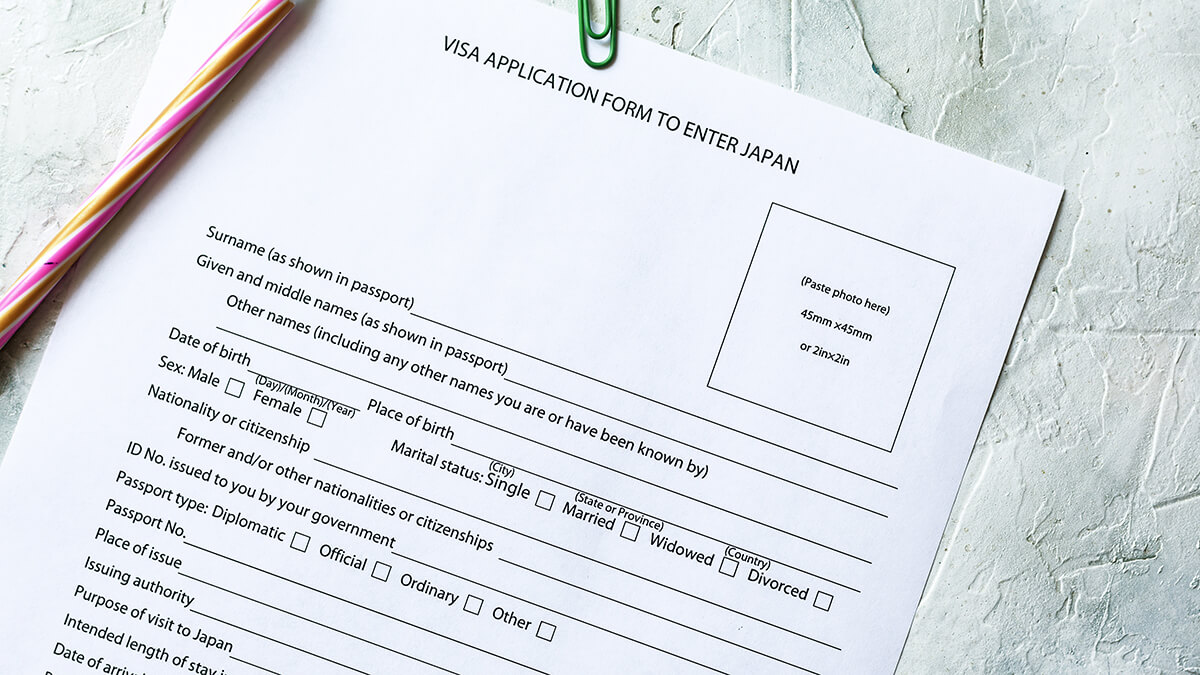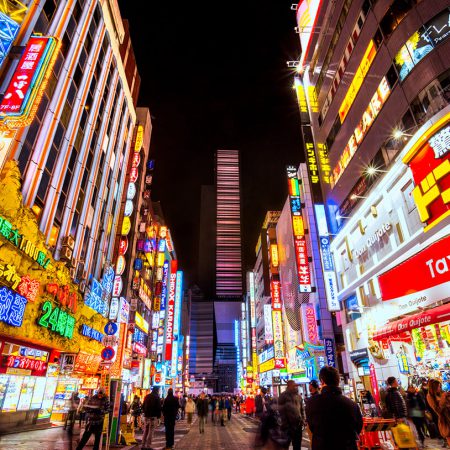How to find work on a working holiday visa.

The working holiday visa is one of the best things about Japan. It allows young adults (ages 18 to 30) to explore the magnificence of the Land of the Rising Sun for up to 18 months, depending on the applicant’s nationality.
Nations like Argentina, Australia, Austria, Canada, New Zealand, South Korea, France, Germany, the United Kingdom, Denmark, Ireland, Hong Kong, Taiwan, Norway, Portugal, Slovakia, Poland, Hungary, Chile, Spain, Czech Republic, Lithuania, and Iceland have collaborated with Japan on this program.
The main aim of the 23 states is to support their citizens’ dreams of experiencing the unique culture and witnessing the several historical sceneries of Japan up close and personal.
This program has opened the opportunity for foreigners to find employment and travel. Although individuals have to do some work to cover the budget needed to travel all around Japan, it is still quite a compelling deal. But the question is, how exactly do foreigners find employment under this type of visa program? And what is the process like?
Table of contents
Legal documents

Just like other opportunities in life, there’s a list of requirements for numerous legal paperwork before obtaining a working holiday visa in Japan.
To start the process, applicants must first obtain and fill in the necessary information for the application form. An online process is not available, so applicants will have to schedule a visit to the Japanese Embassy or Japanese Consulate in their home country.
After filling out the application form, applicants must propose an itinerary. The itinerary serves as a breakdown regarding the applicants’ overall plans for staying and working in Japan. Applicants must state where they will be staying in Japan, their potential employer, estimated wage, and budget for the trip.
Along with the application form and itinerary, foreigners are also required to submit the following documents: passport, CV (curriculum vitae), medical certificate, a short letter of their reason for joining the program, and a bank statement or proof of funds.
After, the applicants can then submit all of the necessary documents to the Japanese Embassy or Consulate. The Embassy usually approves applications in 1 to 3 weeks. Once accepted, foreigners must return to retrieve their passport and visa from the offices. The next would be to travel to Japan.
Note: Applicants must have no recorded previous or current criminal track of any sort.
Final requirements

Upon arriving, applicants must obtain the residence card at their respective airports.
The next step would then be for foreign applicants to apply for residency. They must register their chosen accommodation or Japanese addresses. If applicants do not have an address yet, they can use the location of the hotel they are staying at as their address for the time being.
Applicants will then receive a package through the mail containing their number cards. This particular number card in Japan serves as their social security number and tax identification number.
The last step foreign applicants must do is to open a bank account. Banks need to attain applicants’ passports, residence cards, and phone numbers. This will allow companies to wire transfer your salary easily.
Note: Japanese sim cards are also required by most companies for them to have contact information from applicants.
Career path

The great thing about the Japanese working visa program is that the applicants’ choice of work is not limited or hampered. The Japanese government allows foreigners to attain any job under this program as long as it is only temporary.
But the primary purpose of this initiative is to enable citizens from partnering countries to explore the country, so it is best if applicants could do some of the less grueling work and work on lighter schedules. These are the typical jobs for working holiday visa holders:
English Teacher
Foreigners could apply as teachers for English conversation schools. These institutions offer work for aspiring teachers on working holiday visas.
Resort Jobs
Why not work at establishments that could double as a tourist destination? Resort jobs include being ski instructors, ski lift operators, and beach attendants.
Entertainment Agency Jobs
The entertainment industry is constantly looking for fresh faces that could skyrocket ratings. So, this could be an applicant’s big break. Agencies are always on the lookout for models, extras, and actors.
Service Industry
Jobs in factories, cafes, and cleaning services are usually open for working holiday visa holders as these types of jobs don’t require applicants to be knowledgeable in the Japanese language.
Life after the working holiday visa
From working holiday visa to regular working visa

Over the years, several foreign residents have been enticed to stay in the Land of the Rising Sun permanently after their working holiday visa has expired. This is not a rare situation for foreigners, as a lot of them opt to change their visa status from a working holiday visa to a regular working visa.
The best way for foreigners to extend their stay and continue working in Japan is through company sponsorship. Foreign residents could choose to re-sign with the company that they worked for during their working holiday visa or they could take their talents elsewhere and have a new company sponsor their visa. Foreigners could also do a self-sponsorship if they have enough resources to do it.
By the time foreigners have settled the sponsorship aspect, the next step for them is to get their visa status change request to be approved by the local government’s immigration officers. After a few weeks of waiting for the results, foreigners will receive their new residence cards.
Settling down in Japan
The next logical step for foreign residents would be to set things in order when it comes to their new everyday lives in Japan. Aside from obtaining their residence cards, foreigners will need to secure other important documents like transit cards, which are incredibly handy when it comes to transportation, and health insurance, which every job will most likely require for any employee.
If foreigners want to move to a new residential area, they will need to notify the local public office of their relocation. Additionally, foreigners will also have to get in touch with the local power, water, and gas providers to finalize their relocation and make sure that their new residence is safe and secure.
If foreigners feel comfortable in the area that they stayed in during their working holiday visa, then there should be no need to do these things. However, they will need to renew or extend their contracts with the rented unit’s keepers and owners.
Benefits of settling in Japan
There are a lot of benefits for foreigners to consider when it comes to permanently living in Japan after their working holiday visa.
The country is known to be one of the most disciplined nations in the entire world. Japanese nationals always do their best to apply discipline into everything, even in keeping their surroundings clean. So, if you are a bit of “neat-freak”, you’ll fit right in Japan.
Japan’s public transportation is also lauded all over the globe for being one of the best, if not the best, transportation systems in the entire planet. This is mainly due to the country’s trains or railway system. Bet your bottom dollar that trains are always on time and are rarely ever late. And if the train does go a tad bit late from the usual arrival schedule, the train staff will hand out excuse notes to passengers, so that they can use it as validity as to why they arrived late for work or school.
The country’s list of cuisines is also considered to be one of the most delicious. Dishes like sashimi, tempura, soba, sushi, udon, onigiri, yakitori, sukiyaki are internationally known for being some of the best types of food.
Conclusion
Other than the ones listed above, there are many more opportunities for foreigners under the working visa program. Still, these could be the most practical or suitable work that applicants could attain for them to also enjoy their time in Japan.
The working holiday visa program is a terrific chance for adventurers and travelers at heart. Applicants basically work to get paid to travel. That does not sound like a bad deal in the slightest.
So, when will you be applying for the working holiday visa? Let us know below. Until next time. Too-da-loo!
Motto Japan, the community platform to support foreigners with the foundation for life in Japan, including Japanese study, job opportunities, and housing service. Motto Japan Media will provide a wide variety of information for Japanese fans all over the world, to create a cross-cultural environment and enrich the life of foreign residents in Japan!













Leave a Reply